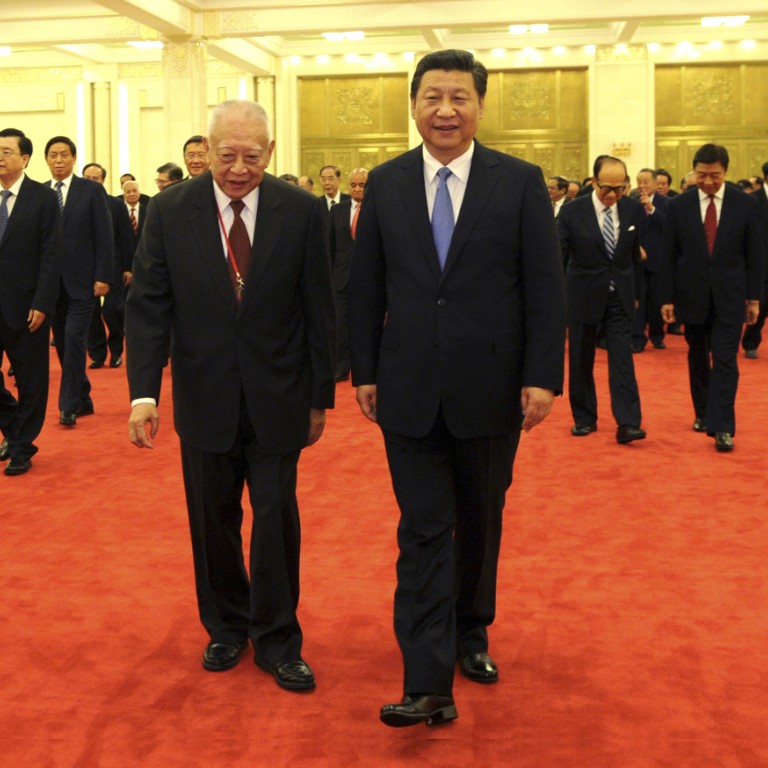
Hong Kong's elitist election system plays right into hands of tycoons
Michael Paskewitz says Beijing's proposal would only increase inequality
The central government's proposal to effectively use the nominating committee to veto potential pro-democracy candidates for the Hong Kong chief executive election has been the primary story, but there is a potentially larger issue at stake. The other big concern is the committee's ability to veto candidates that pose a challenge to the city elite's business interests. Currently, at least half the Election Committee - on which the nominating committee is to be based - consists of business and industry sectors, including real estate, financial services, tourism, and even those groups with no obvious business ties, but which are often represented by high-wealth individuals - for example, the Heung Yee Kuk subsector representing rural interests, and led by billionaire landowner Lau Wong-fat. The fact that businesses and tycoons have such a powerful say in who leads the city, rather than the general public, is very worrying.
In order to be put forward to contest the election, candidates would need 50 per cent of the nominating committee vote. This is problematic for several reasons. First, the business elite wish to protect their wealth and the best way to do so is to maintain the status quo.
However, with rising economic inequality - Hong Kong's Gini coefficient is the highest in all Asia - comes social unrest, as we see in the Occupy protests around the world. The protests in Hong Kong are strikingly similar, with the young and middle class being the primary demonstrators against issues of inequality. Young people, especially, bear the burden of high economic inequality, as the prospect of owning property is completely out of reach for most. They see no possibility of an affluent future because their interests are not represented at the decision-making level.
Despite the fact that Beijing, the Hong Kong government and business leaders are always reiterating the narrative of a "prosperous Hong Kong", that prosperity remains in the hands of a few and income mobility is minimal for the vast majority.
Second, other concerns, such as cage homes, environmental or civil rights issues are unlikely to be addressed by chief executive candidates unless these matters are represented in the nominating committee. Although almost 20 per cent of the population lives below the poverty line, the interests of the poor are hardly represented on the current Election Committee.
Chief executive candidates would, therefore, be more motivated to create an election platform that caters to nominating committee members. The easiest votes to receive would be from the largest bloc - business and industry elites. Any such candidate, as leader, would then be beholden to these elite, perpetuating the cycle of poverty. By furthering the interests of the select few, no progress can be made in society.
It is no wonder that the central authorities put forward such a proposal, given that one of the most influential lobby groups they hear from are the business tycoons (led recently by former chief executive Tung Chee-hwa last month) through their trips to Beijing. Alarmingly, the World Bank has indicated that Hong Kong billionaires' combined net worth equals 80 per cent of the city's gross domestic product - evidence of a stark rift between the haves and have-nots. Maintaining this status quo is therefore to the detriment of the majority, who have no option but to voice their opinion through protest.
How can issues of inequality be solved if potential chief executive candidates must all vie for the votes of the elite?
Hong Kong's prosperity is internationally recognised, but it will soon be an international shame if inequality issues are not addressed. By agreeing to the 50 per cent nominating committee threshold, there would be no foreseeable end to rising inequality.
